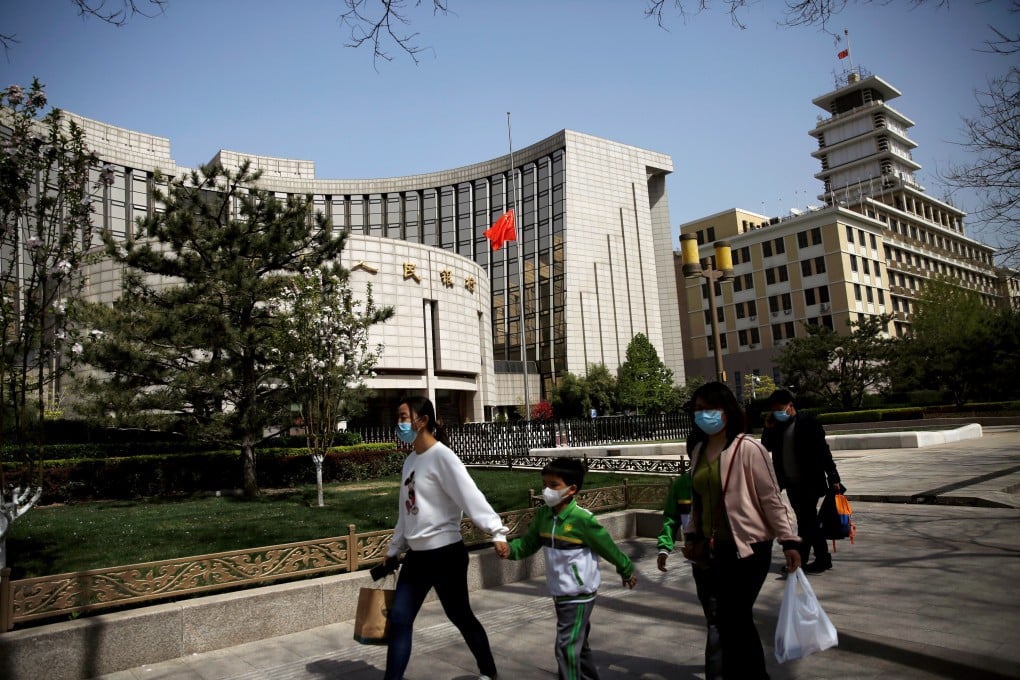Chinese central bank pledges it will not change course over financial risk management
- The People’s Bank of China said it would maintain tight financial supervision and continue to strengthen controls
- The pledge comes despite a shrinking shadow banking sector

China’s central bank has pledged there will be no turnaround in the country’s prudent monetary stance and tight financial supervision.
A statement from the People’s Bank of China on Friday indicated that it would continue to target financial risk despite the size of the country’s shadow banking sector being squeezed to an eight-year low in proportion to gross domestic product.
It said regulators had been ordered to offer more policy tools to tackle the financing needs of small businesses, manufacturers and self-employed individuals, which is helpful for social stability.
“We need to constantly strengthen and improve our financial macro-control [measures], insisting on preventing and tackling financial risks,” the bank said.
In a separate meeting hosted by the China Banking and Insurance Regulatory Commission on the same day, its chairman Guo Shuqing said a balance must be struck between economic stabilisation and risk prevention.